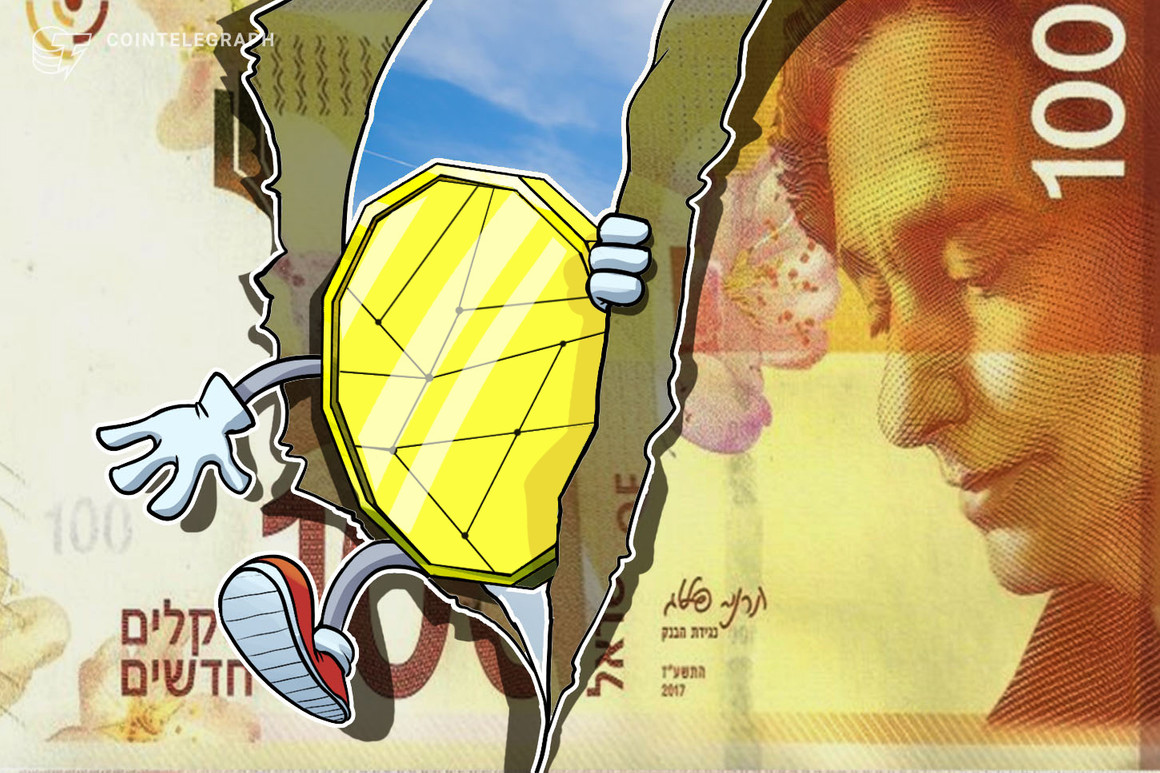#The Gig: What it’s like being a death doula

Table of Contents
“The Gig: What it’s like being a death doula”
Kayla Moryoussef is a death doula in Toronto.
Early days: I grew up in Toronto the daughter of immigrants – my dad’s Moroccan and my mom’s South African. They worked a lot, my grandmother, Judith, was heavily involved in raising me. We were very close. When I was 15, she got cancer. I was pretty insistent about being there for her entire dying journey. I kept her company at the hospital almost every day. I took classical singing lessons as a kid, so she’d sometimes ask me to sing for her, too. I was at her bedside until her last breath. In many ways, my work as a death doula began there. As sad and traumatic as her death was, there was something profound and beautiful about it. I realized that death connects each and every one of us. It’s a journey we all experience.
Education: When I was 26, I enrolled in the two-year community-worker program at George Brown College. I started volunteering at a local hospice around the same time. One of my responsibilities was providing companionship for terminally ill people. Sometimes I’d sleep over at their homes to give their relatives a break from full-time care. Mostly, I offered a listening ear as patients shared their fears about dying.
How I got started: I was certified as a registered social service worker in 2019. After that, I joined another hospice that offered specific training to become a death doula—a term I’d never heard before. A doula usually works with someone who’s giving birth, but a death doula serves people who are leaving the world. I learned how to compassionately explain different aspects of the dying process to clients and their families, and help them navigate “legacy work,” like wills. I founded my own practice soon after.
Average day: I take on 15 to 20 clients a year, many of whom are older and have been diagnosed with terminal cancer. I meet with them virtually or visit them in palliative care units or at their homes, where I counsel them on how to build coping skills. Clients are often upset about having spent too much of their lives working, but I try to help them focus on the things they value the most—usually that’s family—and help them to prioritize those things in the time they have left. For their last days, I prepare a kit that includes scented candles or playlists of music they want to hear, and ask who they’d like in the room with them when they die. I also help them write goodbye letters. It’s really intense to read someone’s final words. I used to cry a lot after I got home from work, but I’ve learned to not take on someone else’s grief. That took some practice.
On-the-job uniform: I always wear casual, comfy and brightly coloured clothing to avoid looking like the Grim Reaper. I’m usually sporting a blouse and a comfy pair of slacks; I don’t want to look too formal or clinical.
Biggest challenge: It’s tough to make a living as a death doula. Right now, the profession is unregulated. We’re not typically employed by hospitals because many in the health-care sector see us as stepping on the toes of doctors and nurses. End-of-life care is a very different skill set—and the demand is there. Canada’s rapidly growing senior population will undoubtedly benefit from our services.
Biggest misconception: People ask me all the time if I euthanize my clients! Death doulas can support their decision to receive a medically assisted death. We’re not there to expedite the process.
Comforting words: Simply saying “Death sucks!” validates clients’ feelings. It’s going to happen, so we should figure out how to make it as pleasant as possible.
Last requests: A lot of my clients regret not spending more time outdoors and with loved ones. In their last days, It’s usually too difficult to take them to a park or on a field trip to a cherished place, but they’ll often ask to speak with family members—some of whom might be estranged from them—to tie up any loose ends.
Work perk: It may seem counterintuitive, but this job is very life-affirming. My clients have taught me to invest my time in the people and work that I love. I’m only 36, but this job has put my own life—and end-of-life priorities—into perspective. I could die tomorrow without any regrets.
—As told to Ali Amad
If you liked the article, do not forget to share it with your friends. Follow us on Google News too, click on the star and choose us from your favorites.
For forums sites go to Forum.BuradaBiliyorum.Com
If you want to read more News articles, you can visit our General category.




